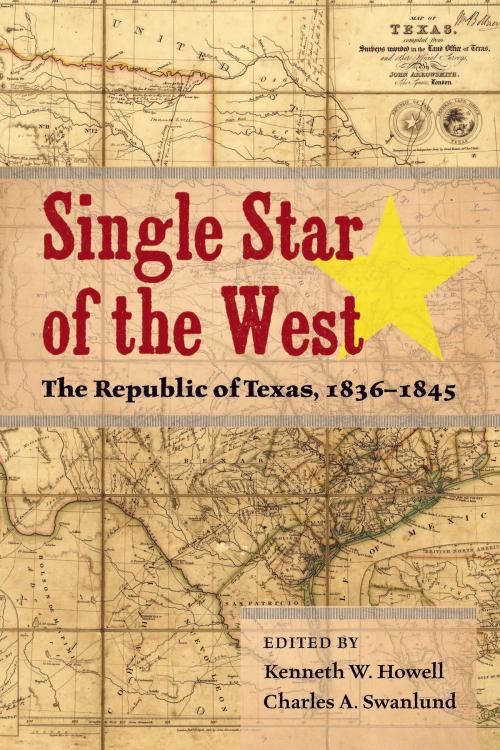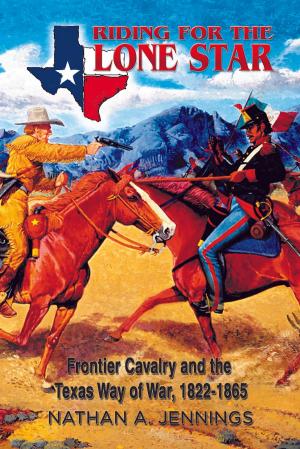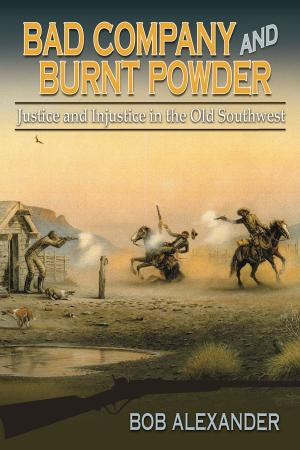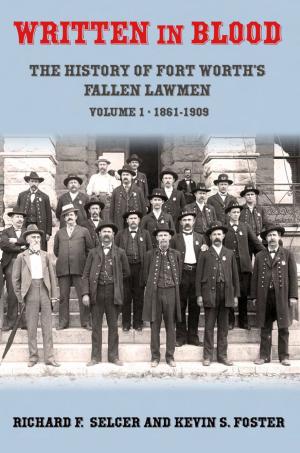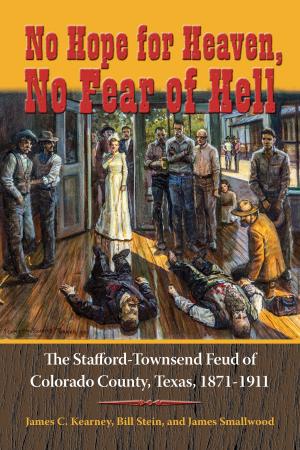Single Star of the West
The Republic of Texas, 1836-1845
Nonfiction, History, Americas, United States| Author: | ISBN: | 9781574416848 | |
| Publisher: | University of North Texas Press | Publication: | March 15, 2017 |
| Imprint: | Language: | English |
| Author: | |
| ISBN: | 9781574416848 |
| Publisher: | University of North Texas Press |
| Publication: | March 15, 2017 |
| Imprint: | |
| Language: | English |
Does Texas’s experience as a republic make it unique among the other states? In many ways, Texas was an “accidental republic” for nearly ten years, until Texans voted overwhelmingly in favor of annexation to the United States after winning independence from Mexico. Single Star of the West chronicles Texas’s efforts to maneuver through the pitfalls and hardships of creating and maintaining the “accidental republic.” The volume begins with the Texas Revolution and examines whether or not a true Texas identity emerged during the Republic era. Next, several contributors discuss how the Republic was defended by its army, navy, and the Texas Rangers. Individual chapters focus on the early founders of Texas—Sam Houston, Mirabeau B. Lamar, and Anson Jones—who were all exceptional men, but like all men, suffered from their own share of fears and faults. Texas’s efforts at diplomacy, and persistence and transformation in its economy, also receive careful analysis. Finally, social and cultural aspects of the Texas Republic receive coverage, with discussions of women, American Indians, African Americans, Tejanos, and religion. The contributors also focus on the extent that conditions in the republic attracted political and economic opportunists, some of whom achieved a remarkable degree of success. Single Star of the West also highlights how the Texas Republic was established on American political ideology. With the majority of the white settlers coming from the United States, this will not surprise many scholars of the era. In some cases, the Texans successfully adopted American political and economic ideology to their needs, while other times they failed miserably.
Does Texas’s experience as a republic make it unique among the other states? In many ways, Texas was an “accidental republic” for nearly ten years, until Texans voted overwhelmingly in favor of annexation to the United States after winning independence from Mexico. Single Star of the West chronicles Texas’s efforts to maneuver through the pitfalls and hardships of creating and maintaining the “accidental republic.” The volume begins with the Texas Revolution and examines whether or not a true Texas identity emerged during the Republic era. Next, several contributors discuss how the Republic was defended by its army, navy, and the Texas Rangers. Individual chapters focus on the early founders of Texas—Sam Houston, Mirabeau B. Lamar, and Anson Jones—who were all exceptional men, but like all men, suffered from their own share of fears and faults. Texas’s efforts at diplomacy, and persistence and transformation in its economy, also receive careful analysis. Finally, social and cultural aspects of the Texas Republic receive coverage, with discussions of women, American Indians, African Americans, Tejanos, and religion. The contributors also focus on the extent that conditions in the republic attracted political and economic opportunists, some of whom achieved a remarkable degree of success. Single Star of the West also highlights how the Texas Republic was established on American political ideology. With the majority of the white settlers coming from the United States, this will not surprise many scholars of the era. In some cases, the Texans successfully adopted American political and economic ideology to their needs, while other times they failed miserably.
